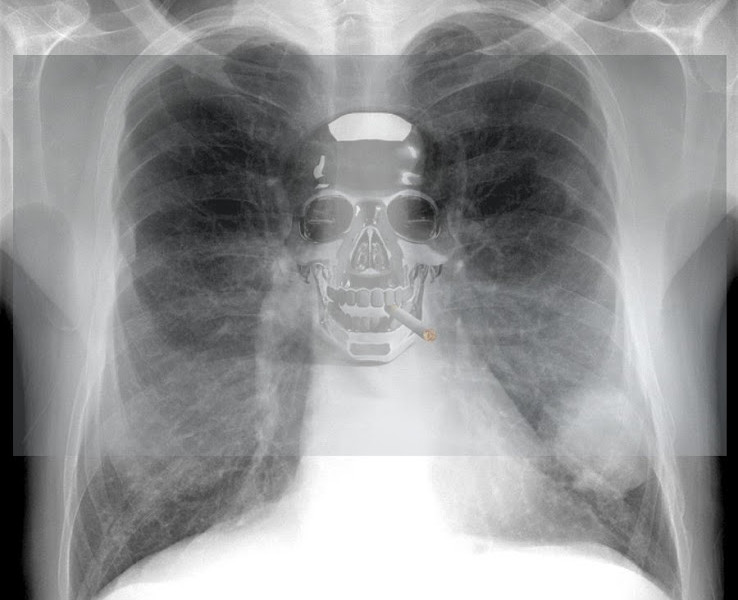
Cuba’s lung cancer vaccine might be a miracle molecule and that’s exactly why America wants it
Cuba is famous for cigars and so it’s no surprise that lung cancer is the fourth leading cause of death in Cuba. And Cuba has found a solution too!
Medical researchers at the Center for Molecular Immunology have worked on lung cancer vaccine, Cimavax, for 25 years before the Ministry of Health made it available to the public, for free, in 2011.
- Climavax doesn’t attack tumors directly, instead goes after a protein that tumors produce which then circulates in the blood. That action spurs a person’s body to release antibodies against a hormone called epidermal growth factor, which typically spurs cell growth but can also, if unchecked, cause cancer.
- A Phase II trial from 2008 showed lung cancer patients who received the vaccine lived an average of four to six months longer than those who didn’t.
- It keeps lung tumors from growing and metastasizing, turning a late-stage growth into something chronic but manageable.
- Research on the vaccine so far shows that it has low toxicity, and is relatively cheap to produce and store.
But, people with lung cancer in US and Europe already have treatment options with the same goal. Yet, the vaccine is of interest to the US.
What got US interested?
- Researchers at Roswell Park Cancer Institute, plan to explore the vaccine’s potential as a preventative intervention—making it more like a traditional vaccine.
- The company plans to test the vaccine for other potential targets as epidermal growth factor plays an important role in many other cancers, like prostate, breast, colon, and pancreatic cancer.
- Cuban pharmacopeia has other drugs with potential. Center for Molecular Immunology is also working on another vaccine to treat lung cancer called Racotumomab, with an entirely different mechanism.
Constrained by politics of the Cuban embargo, Cuba was forced to innovate in ways different from US and Europe. And, now it is thinking in novel and clever ways.
President Obama has used his executive power to lift some restrictions against medical and research equipment but, Congress must lift the Cuban embargo before collaborative research can take off.
During New York Gov. Andrew Cuomo’s visit to Havana in April, Roswell Park finalized an agreement with Cuba’s Center for Molecular Immunology to develop the lung cancer vaccine and begin clinical trials in the US.
Candace Johnson, CEO of Roswell Park, hopes to get approval for testing Cimavax within six to eight months, and to start clinical trials in a year.

